Architects Directory alumnus: Atelier Masomi
The Wallpaper* Architects Directory has turned 20. Conceived in 2000 as our index of emerging architectural talent, this annual listing of promising practices, has, over the years, spanned styles and continents; yet always championing the best and most exciting young studios and showcasing inspiring work with an emphasis on the residential realm. To mark the occasion, in the next months, we will be looking back at some of our over-500 alumni, to catch up about life and work since their participation and exclusively launch some of their latest completions. Drawing on local climate, materials and vernacular, Niamey's new cultural centre by Mariam Kamara will be a valuable hub for the arts in the region, but also feel at one with its environment. Kamara's studio, Atelier Masomi, was first featured in the 2019 Architect Directory.
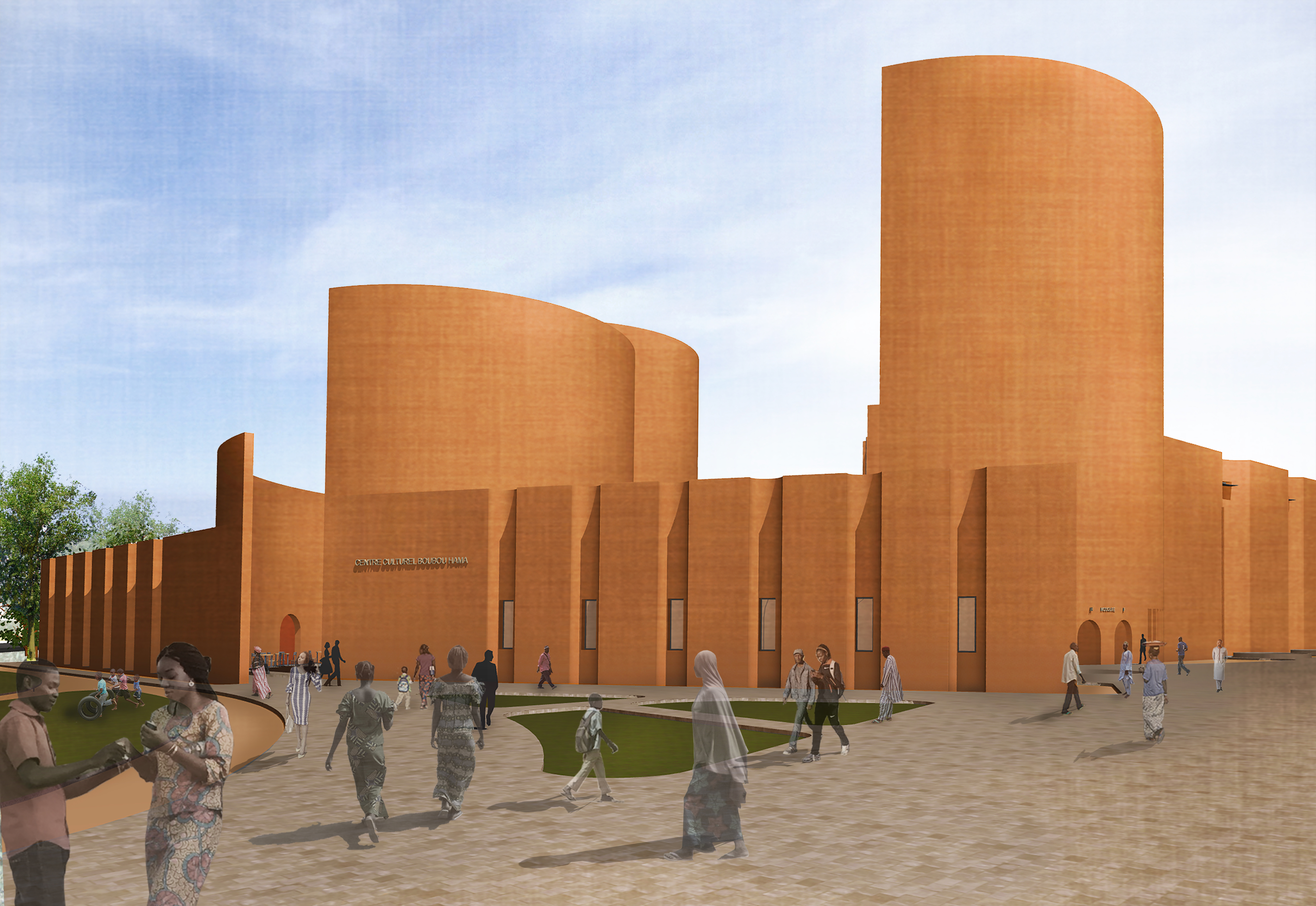
Today's Niamey is a city in the midst of transformation. The capital of Niger was originally built by the French during colonisation and as such, was created in a way that enhanced the different treatment of parts of its population – the Gounti Yena valley was one of the barriers between two key parts of the city, the more and the less wealthy layers of society.
Now, the city aims to completely reinvent the valley, from a symbol of division to fertile ground for cultural growth and exchange, by populating it with arts and learning institutions, as well as a path that connects the two sides and the nearby riverbank. The newly announced Cultural Centre for Niamey, designed by Atelier Masomi's Mariam Kamara, is one of these important commissions.
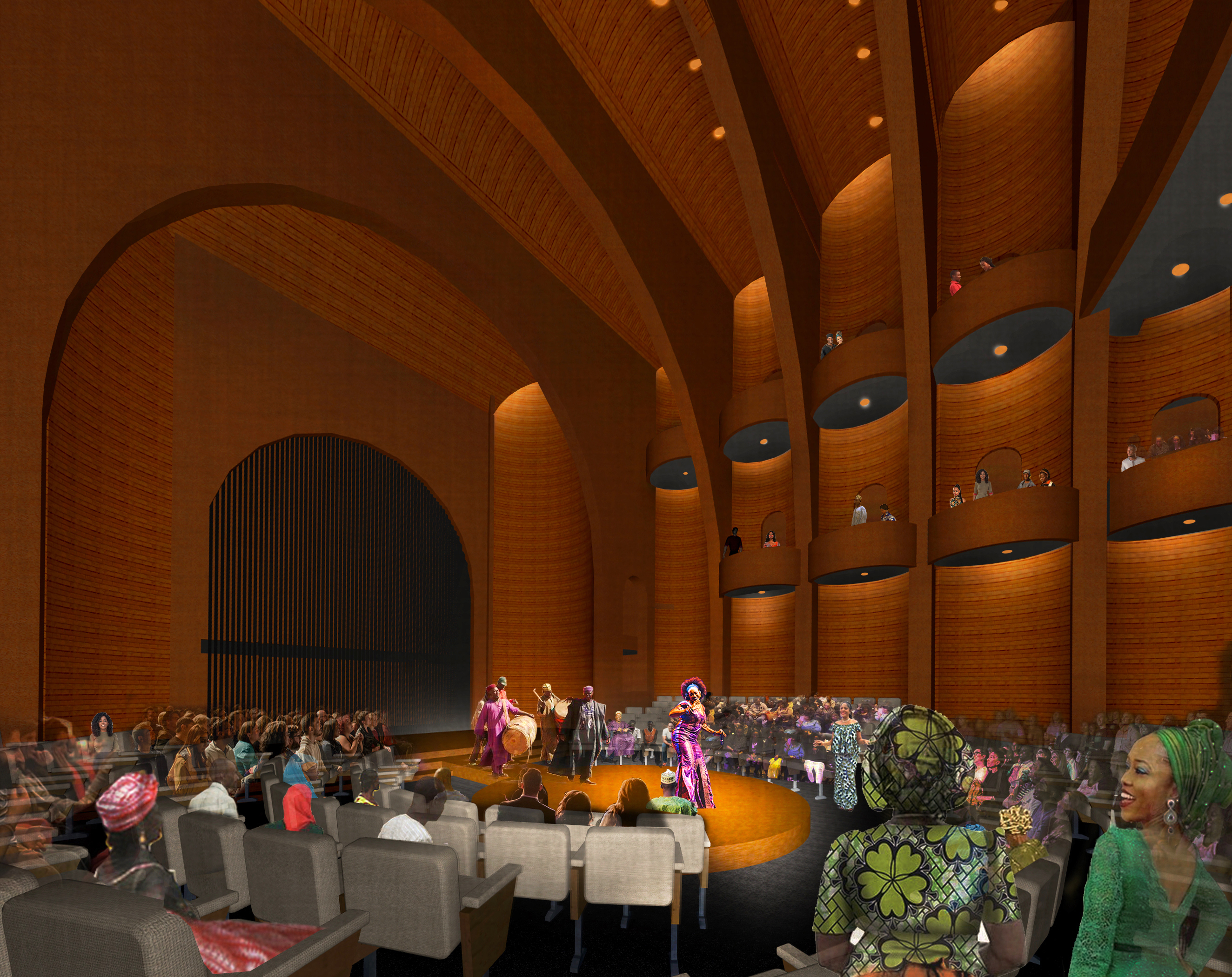
The large scale project is set to house the first municipal library in the city since independence, as well as performance and arts spaces. Conceived to support the city's growing number of young, creative people, the centre will not only be a space for learning, but also a place where the local community can come together for talks and workshops.
Kamara, who was part of the 2019 Wallpaper* Architects Directory and previously mentored by Sir David Adjaye as part of the Rolex mentor/protégé initiative, shares a passion for rethinking contemporary architecture on the African continent with the Ghanaian-British architect. ‘The project is designed for the exterior spaces to be as important as the enclosed program with pedestrian paths and gathering spaces breaking what would have been a massive building into smaller structures,' she says. ‘The objective is to create a building that is a truly public space, democratic in its access and flexible in its use.'
Meanwhile, the architect, true to her signature approach, drew on the local context for inspiration when it came to forms and materials. The building acts as a shelter for outdoor spaces and passively stack-ventilates the enclosed ones, also collecting rainwater in designated ponds and underground tanks for reuse. The main material is raw earth brick, a nod to local vernacular architecture, but also one that makes ‘the buildings seem to grow from the ground', explains Kamara.
MORE FROM WALLPAPER* ARCHITECTS DIRECTORY 2020
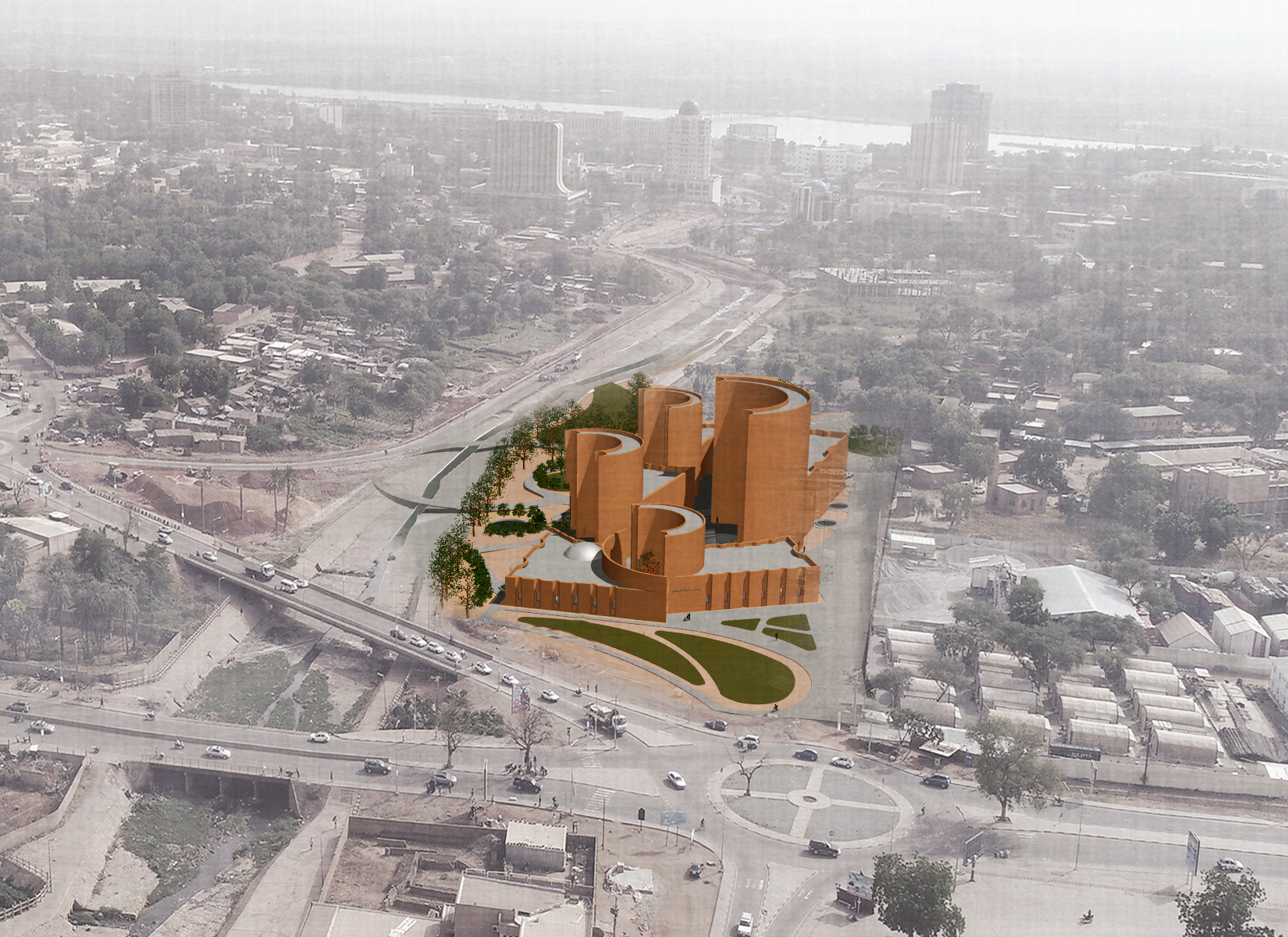
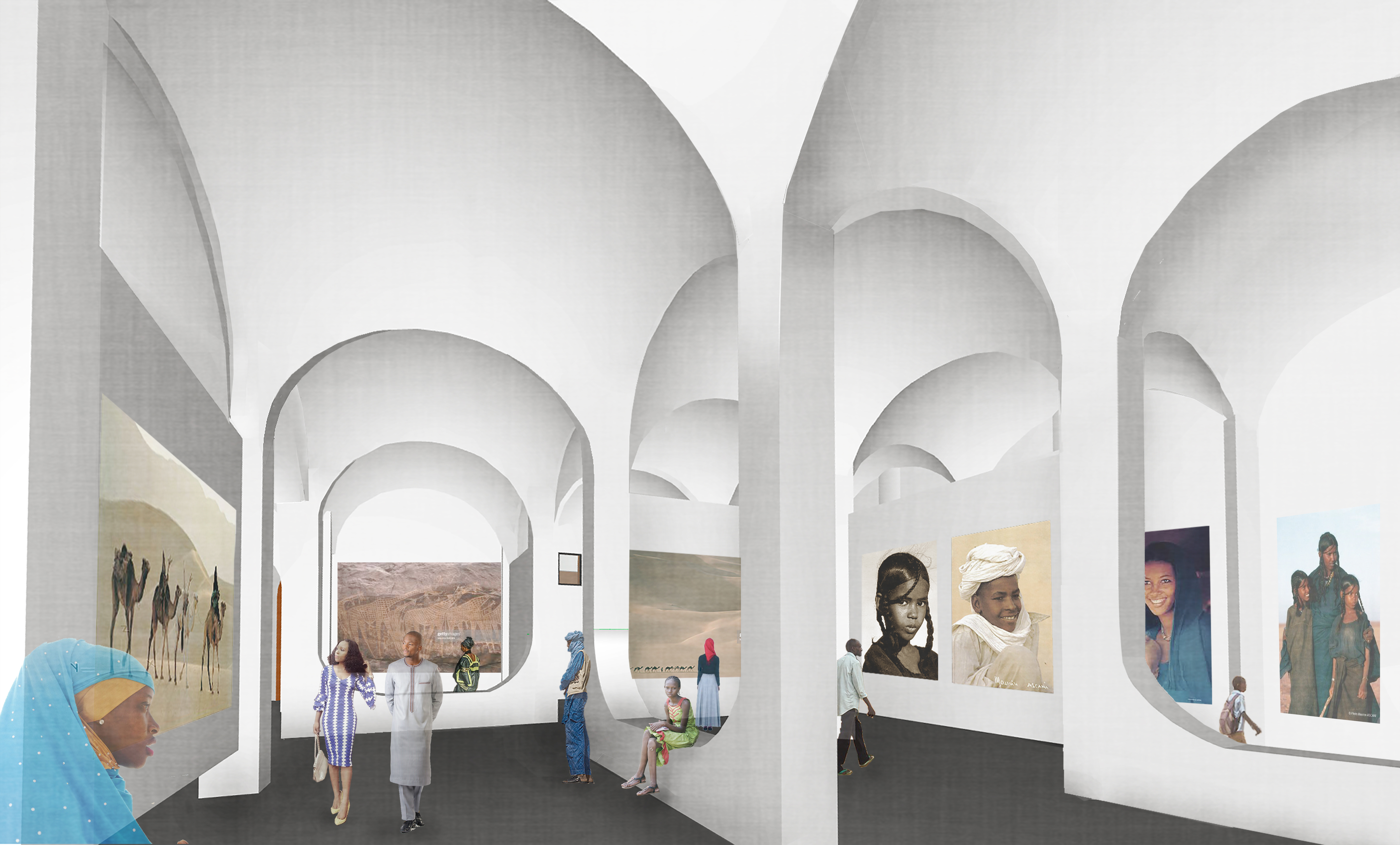
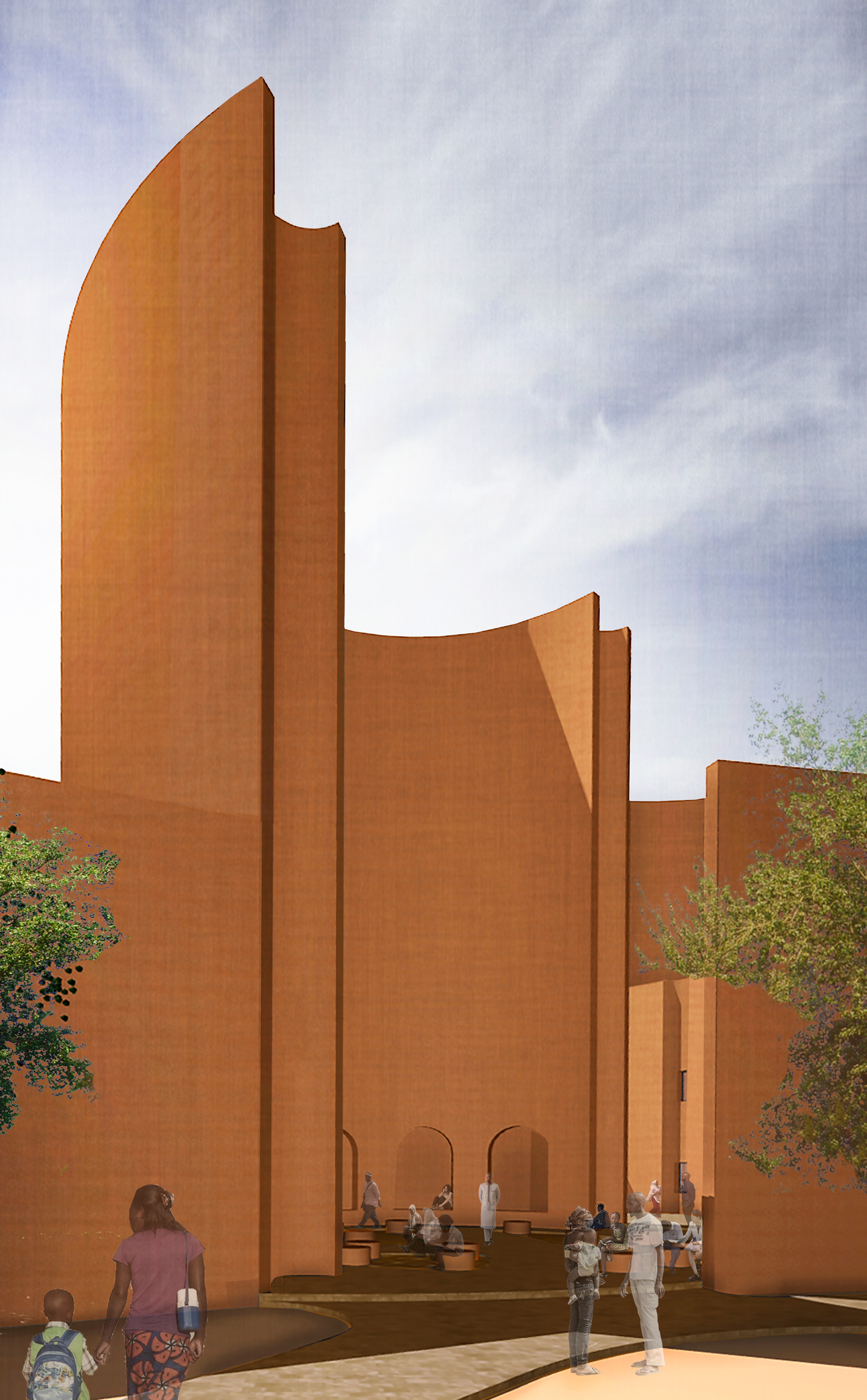
INFORMATION
Wallpaper* Newsletter
Receive our daily digest of inspiration, escapism and design stories from around the world direct to your inbox.
Ellie Stathaki is the Architecture & Environment Director at Wallpaper*. She trained as an architect at the Aristotle University of Thessaloniki in Greece and studied architectural history at the Bartlett in London. Now an established journalist, she has been a member of the Wallpaper* team since 2006, visiting buildings across the globe and interviewing leading architects such as Tadao Ando and Rem Koolhaas. Ellie has also taken part in judging panels, moderated events, curated shows and contributed in books, such as The Contemporary House (Thames & Hudson, 2018), Glenn Sestig Architecture Diary (2020) and House London (2022).
-
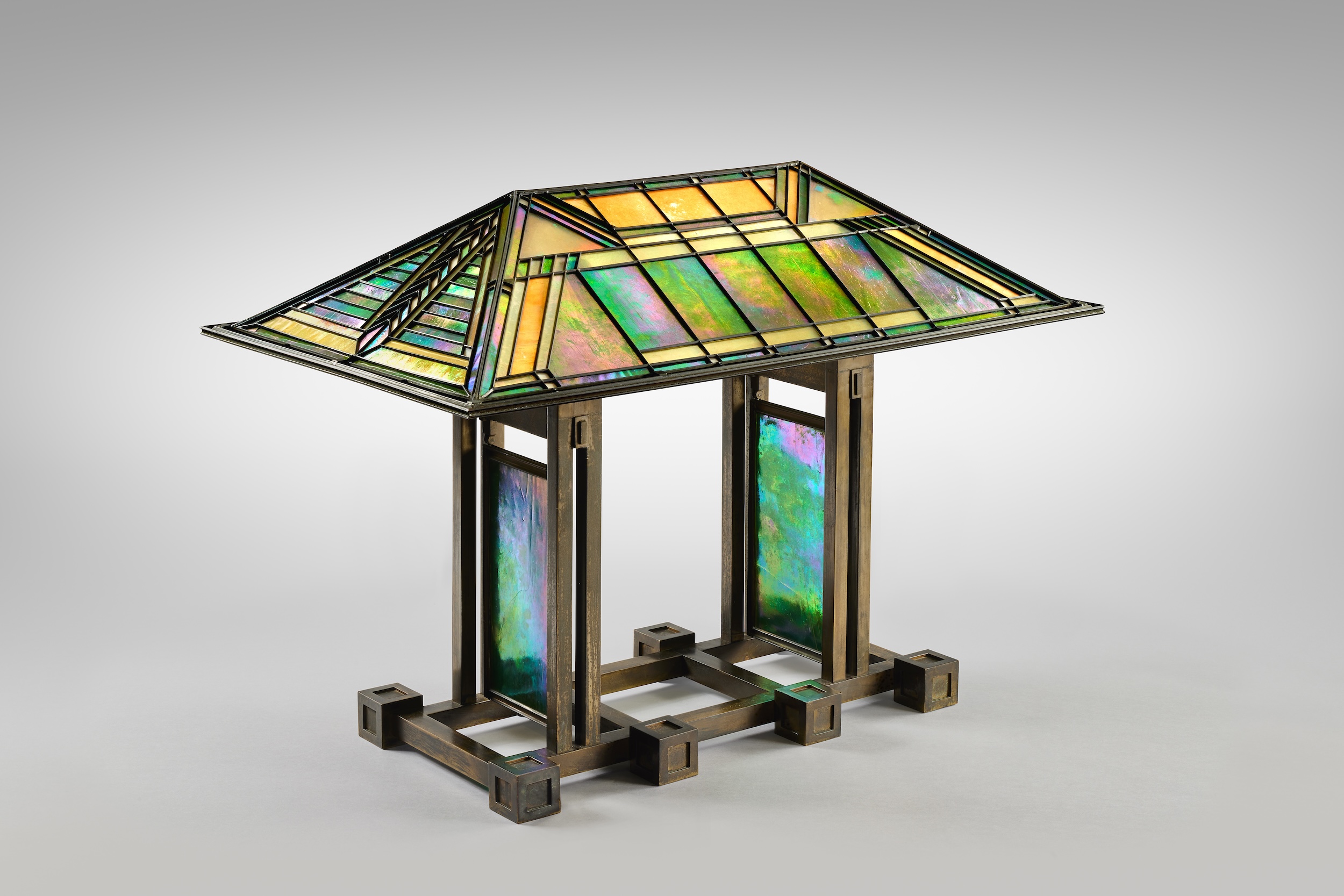 Sotheby’s is auctioning a rare Frank Lloyd Wright lamp – and it could fetch $5 million
Sotheby’s is auctioning a rare Frank Lloyd Wright lamp – and it could fetch $5 millionThe architect's ‘Double-Pedestal’ lamp, which was designed for the Dana House in 1903, is hitting the auction block 13 May at Sotheby's.
By Anna Solomon
-
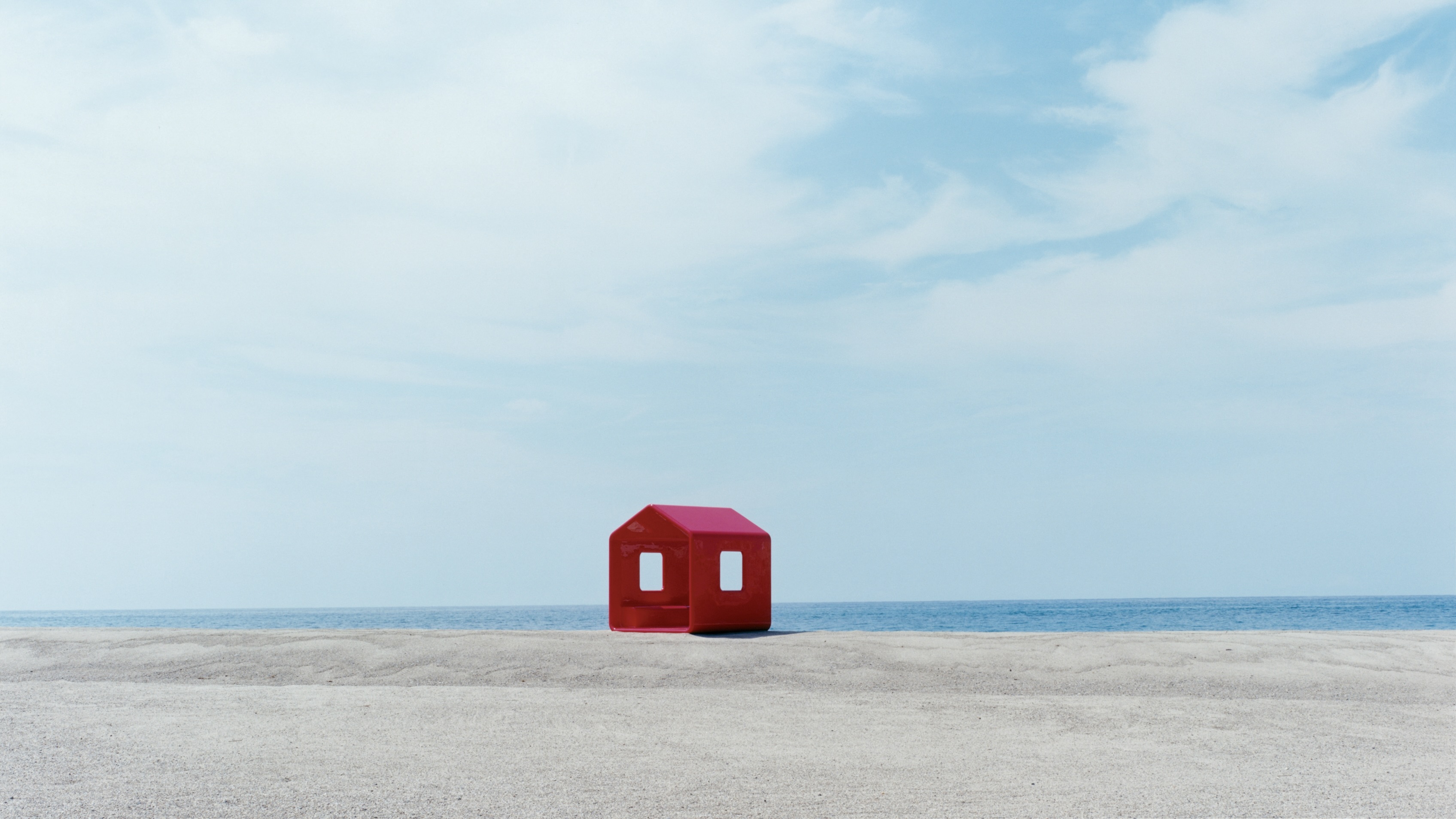 Naoto Fukasawa sparks children’s imaginations with play sculptures
Naoto Fukasawa sparks children’s imaginations with play sculpturesThe Japanese designer creates an intuitive series of bold play sculptures, designed to spark children’s desire to play without thinking
By Danielle Demetriou
-
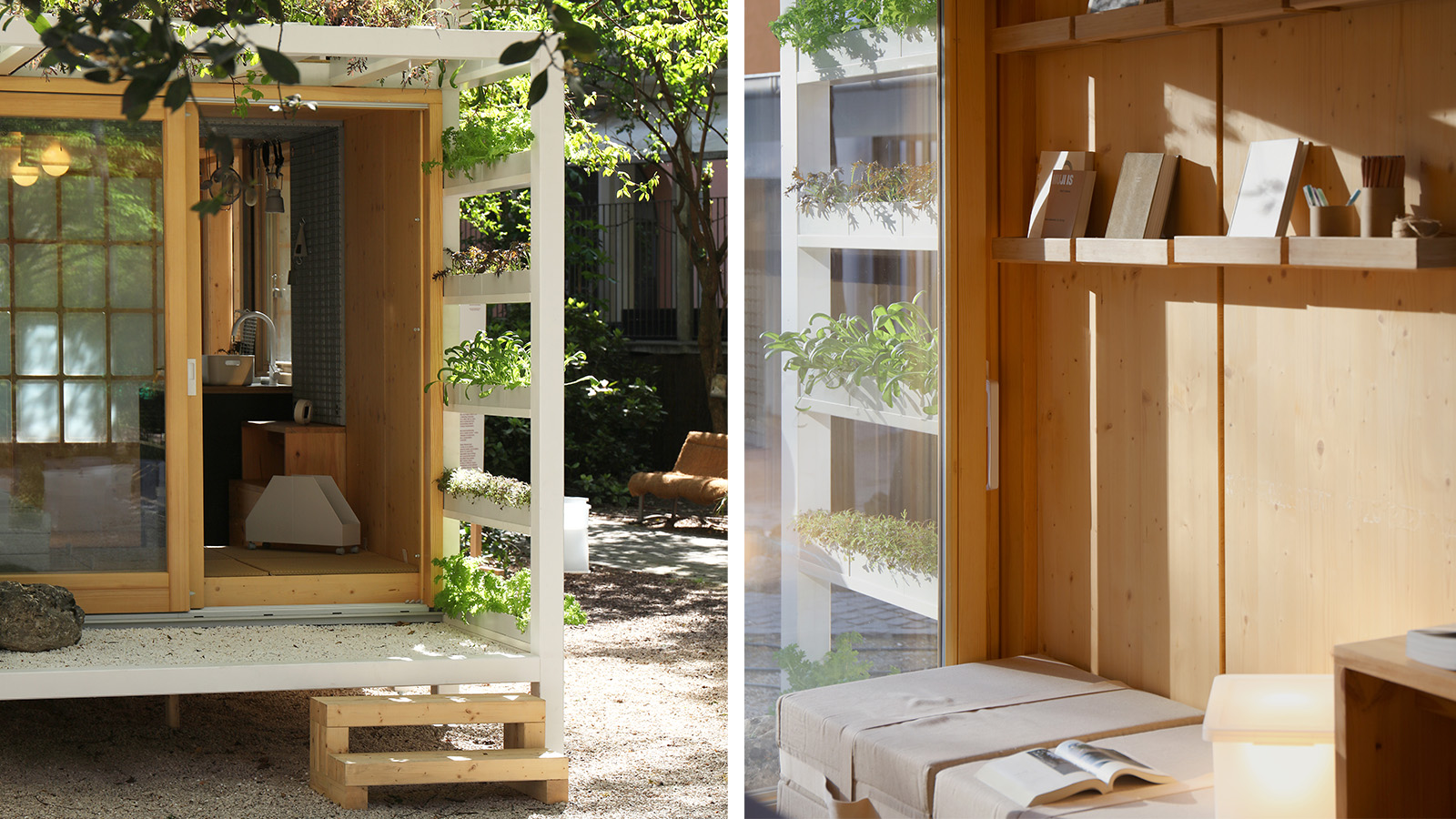 Japan in Milan! See the highlights of Japanese design at Milan Design Week 2025
Japan in Milan! See the highlights of Japanese design at Milan Design Week 2025At Milan Design Week 2025 Japanese craftsmanship was a front runner with an array of projects in the spotlight. Here are some of our highlights
By Danielle Demetriou
-
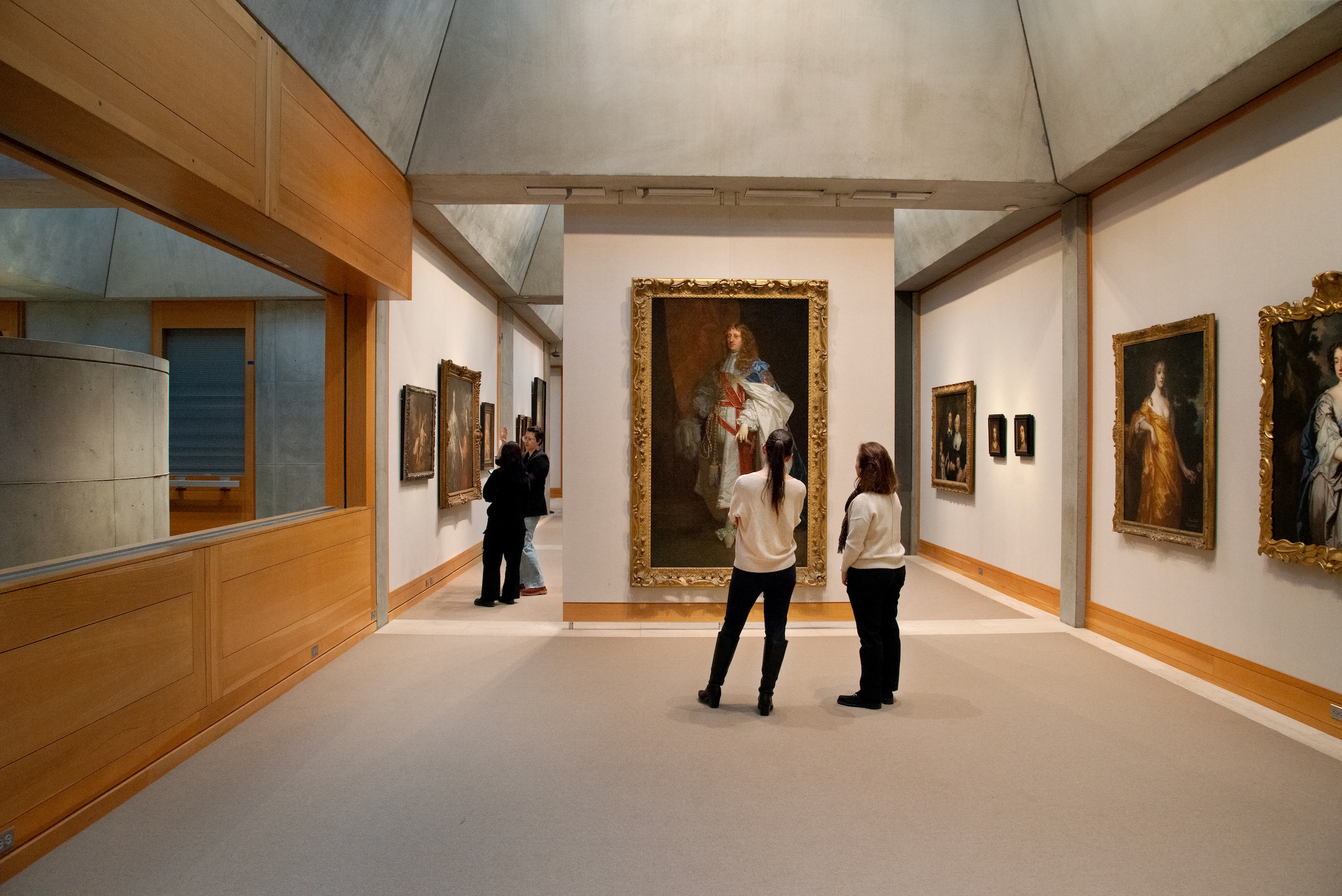 The Yale Center for British Art, Louis Kahn’s final project, glows anew after a two-year closure
The Yale Center for British Art, Louis Kahn’s final project, glows anew after a two-year closureAfter years of restoration, a modernist jewel and a treasure trove of British artwork can be seen in a whole new light
By Anna Fixsen
-
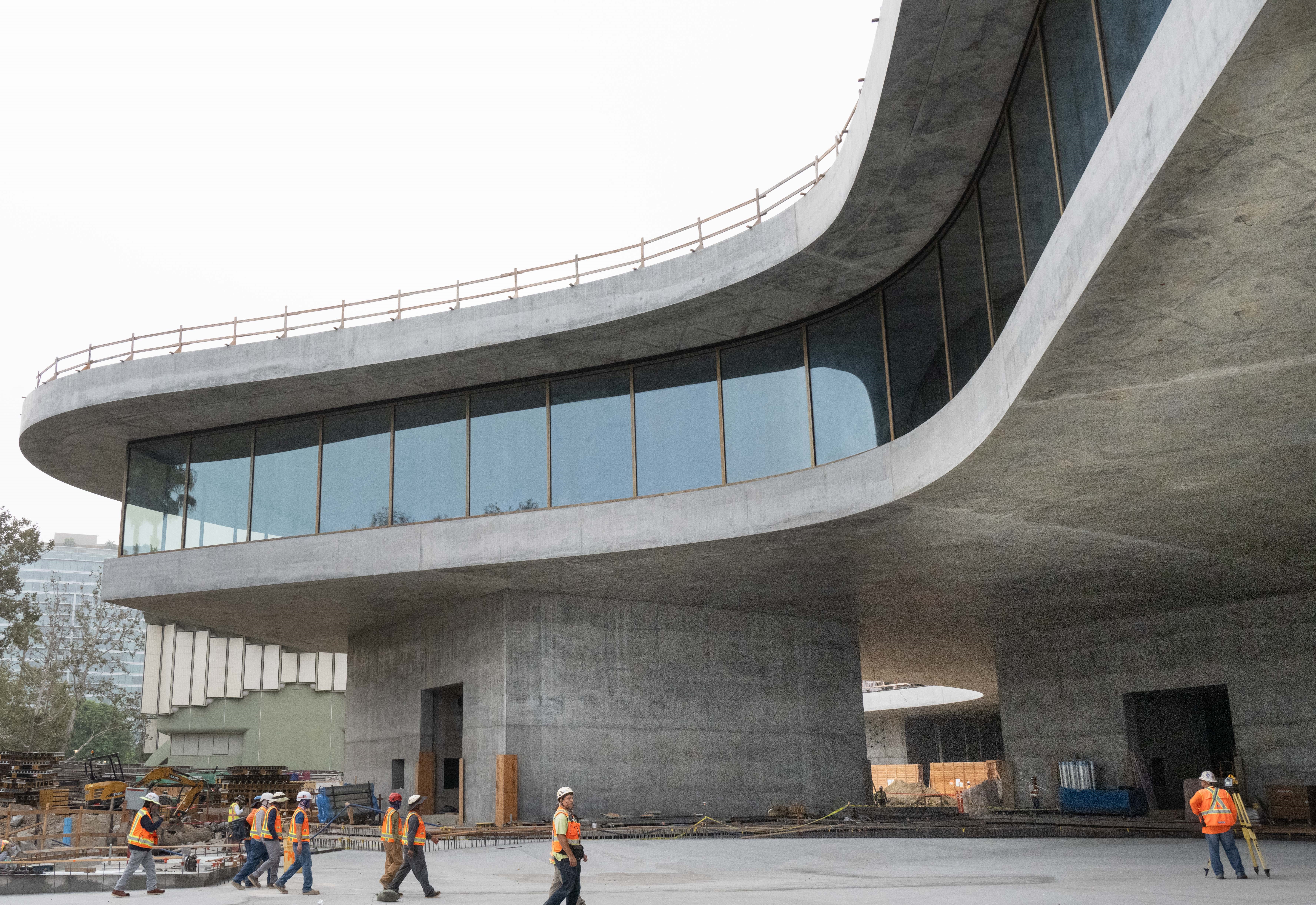 You’ll soon be able to get a sneak peek inside Peter Zumthor’s LACMA expansion
You’ll soon be able to get a sneak peek inside Peter Zumthor’s LACMA expansionBut you’ll still have to wait another year for the grand opening
By Anna Fixsen
-
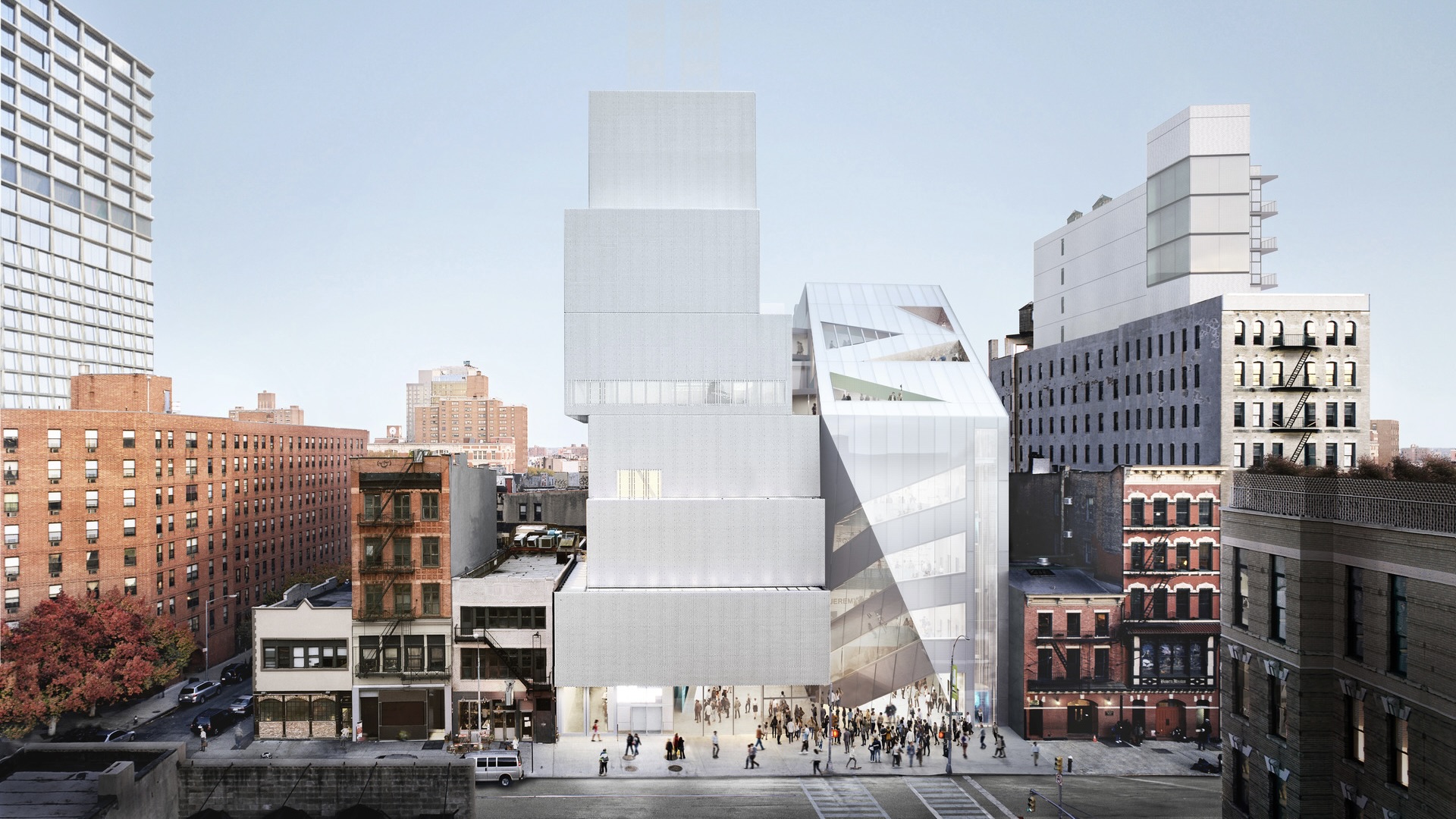 NYC's The New Museum announces an OMA-designed extension
NYC's The New Museum announces an OMA-designed extensionOMA partners including Rem Koolhas and Shohei Shigematsu are designing a new building for Manhattan's only dedicated contemporary art museum
By Anna Solomon
-
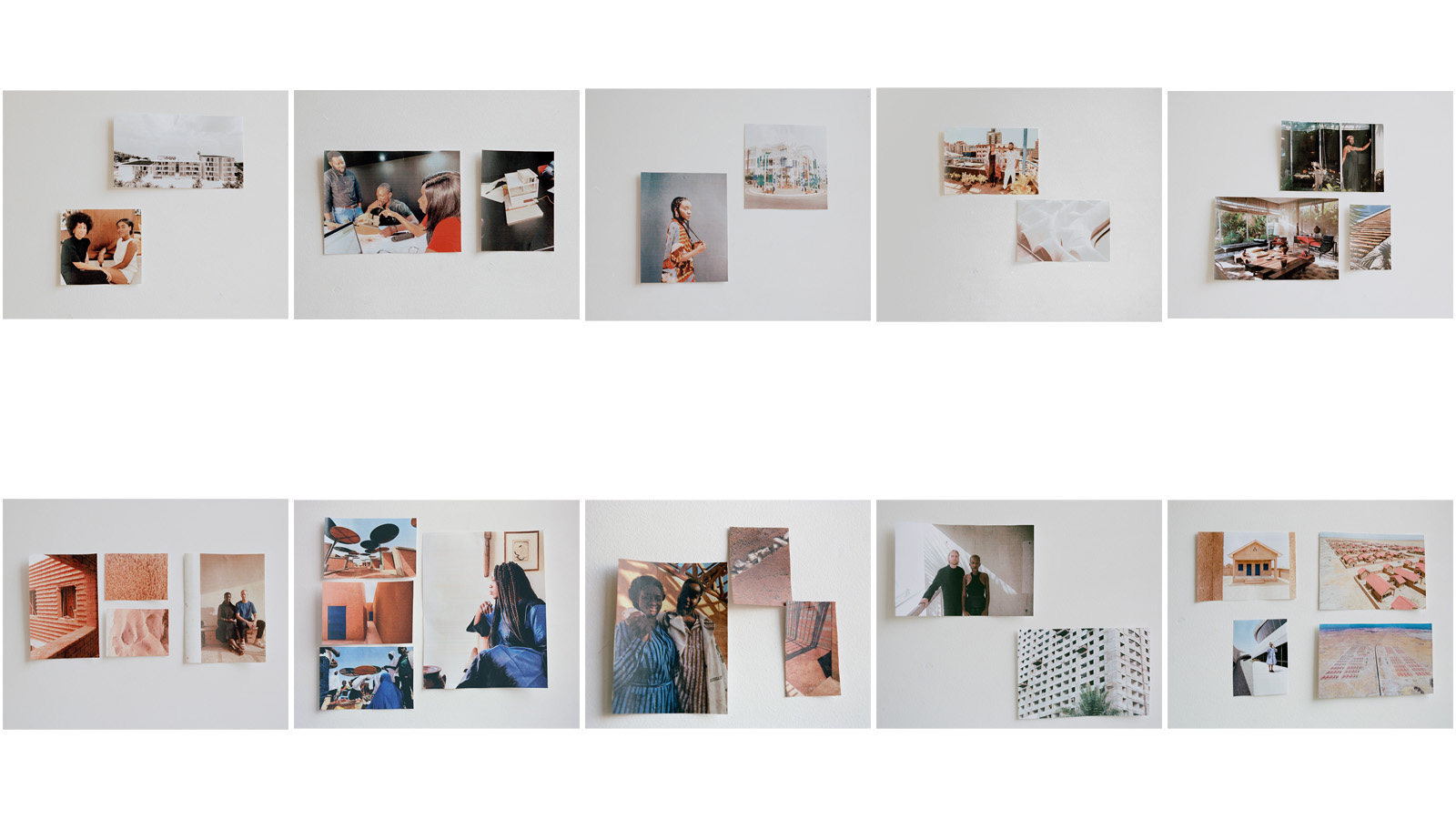 The 10 emerging West African architects changing the world
The 10 emerging West African architects changing the worldWe found the most exciting emerging West African architects and spatial designers; here are the top ten studios from the region revolutionising the spatial design field
By Ellie Stathaki
-
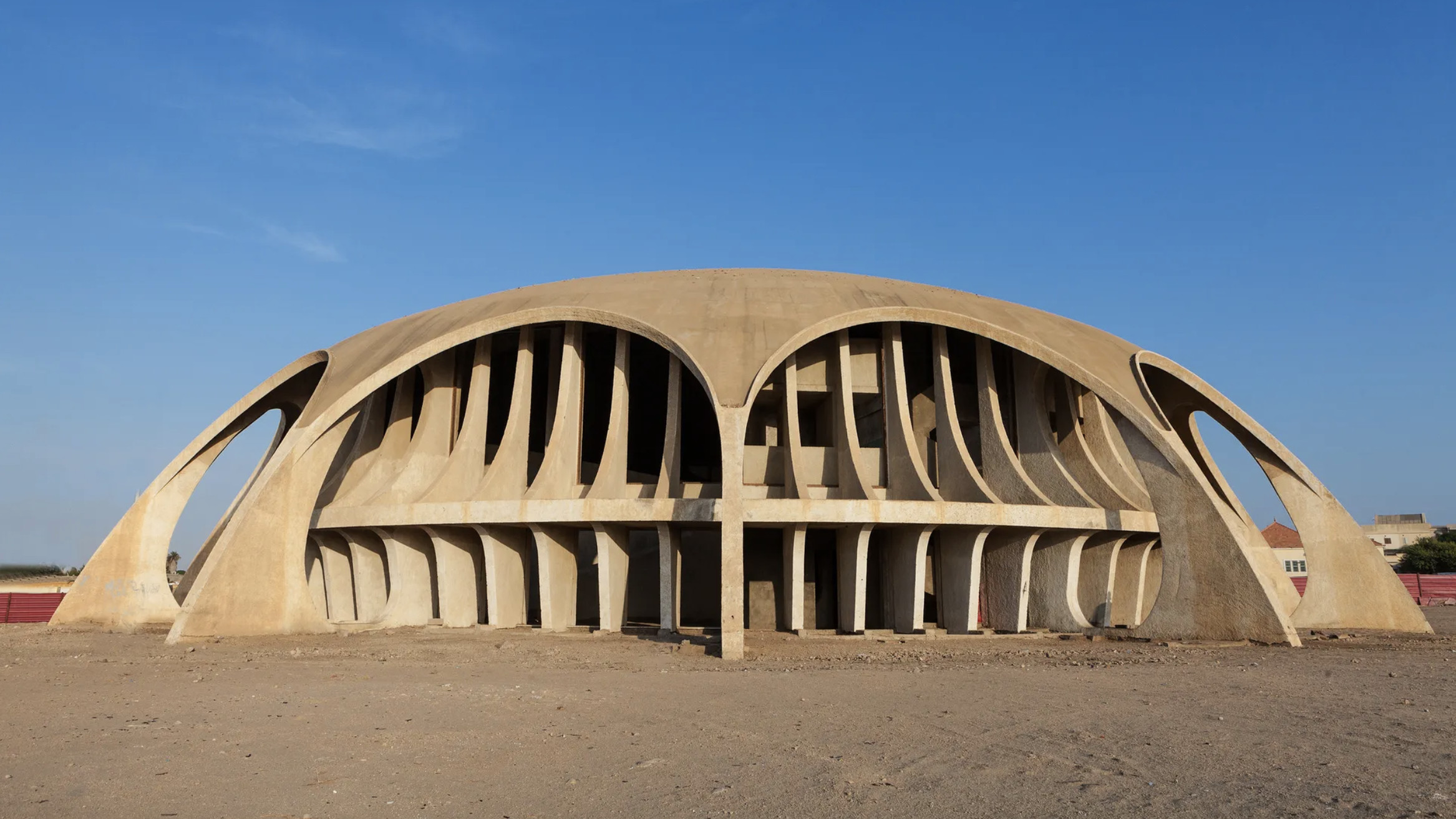 The World Monuments Fund has announced its 2025 Watch – here are some of the endangered sites on the list
The World Monuments Fund has announced its 2025 Watch – here are some of the endangered sites on the listEvery two years, the World Monuments Fund creates a list of 25 monuments of global significance deemed most in need of restoration. From a modernist icon in Angola to the cultural wreckage of Gaza, these are the heritage sites highlighted
By Anna Solomon
-
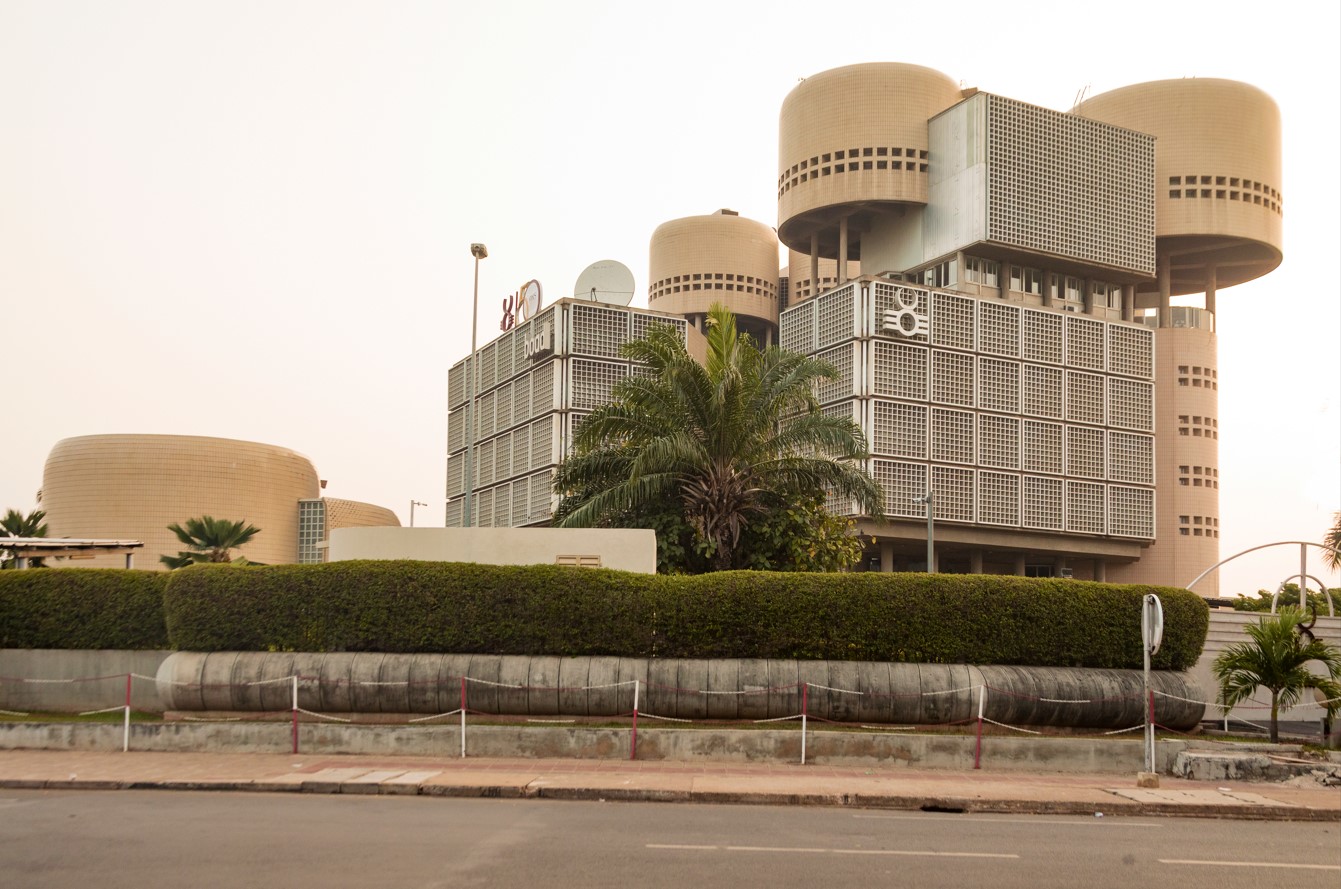 ‘Architecture Encounters’ traces period-defining built environment stories in Togo and West Africa
‘Architecture Encounters’ traces period-defining built environment stories in Togo and West Africa‘Architecture Encounters’ (Les Rencontres Architecturales de Lomé) in Togo celebrates and explores West Africa’s rich heritage through the prism of conservation and transformation, kicking off with two days of talks, workshops, exhibitions and tours at Palais de Lomé
By Ijeoma Ndukwe
-
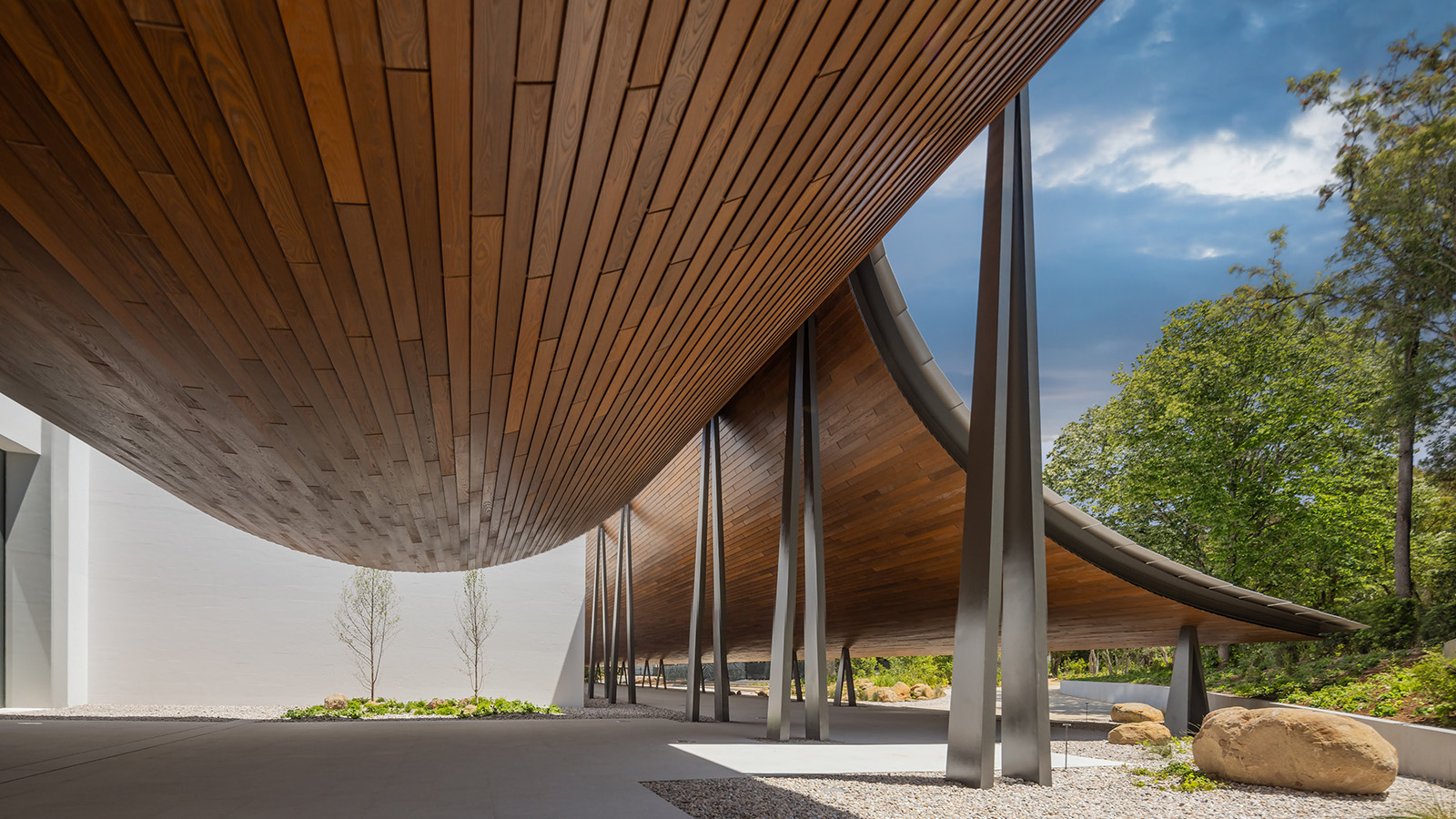 Gulbenkian Foundation's new art centre by Kengo Kuma is light and inviting
Gulbenkian Foundation's new art centre by Kengo Kuma is light and invitingLisbon's Gulbenkian Foundation reveals its redesign and new contemporary art museum, Centro de Arte Moderna (CAM), by Kengo Kuma with landscape architects VDLA
By Amah-Rose Mcknight Abrams
-
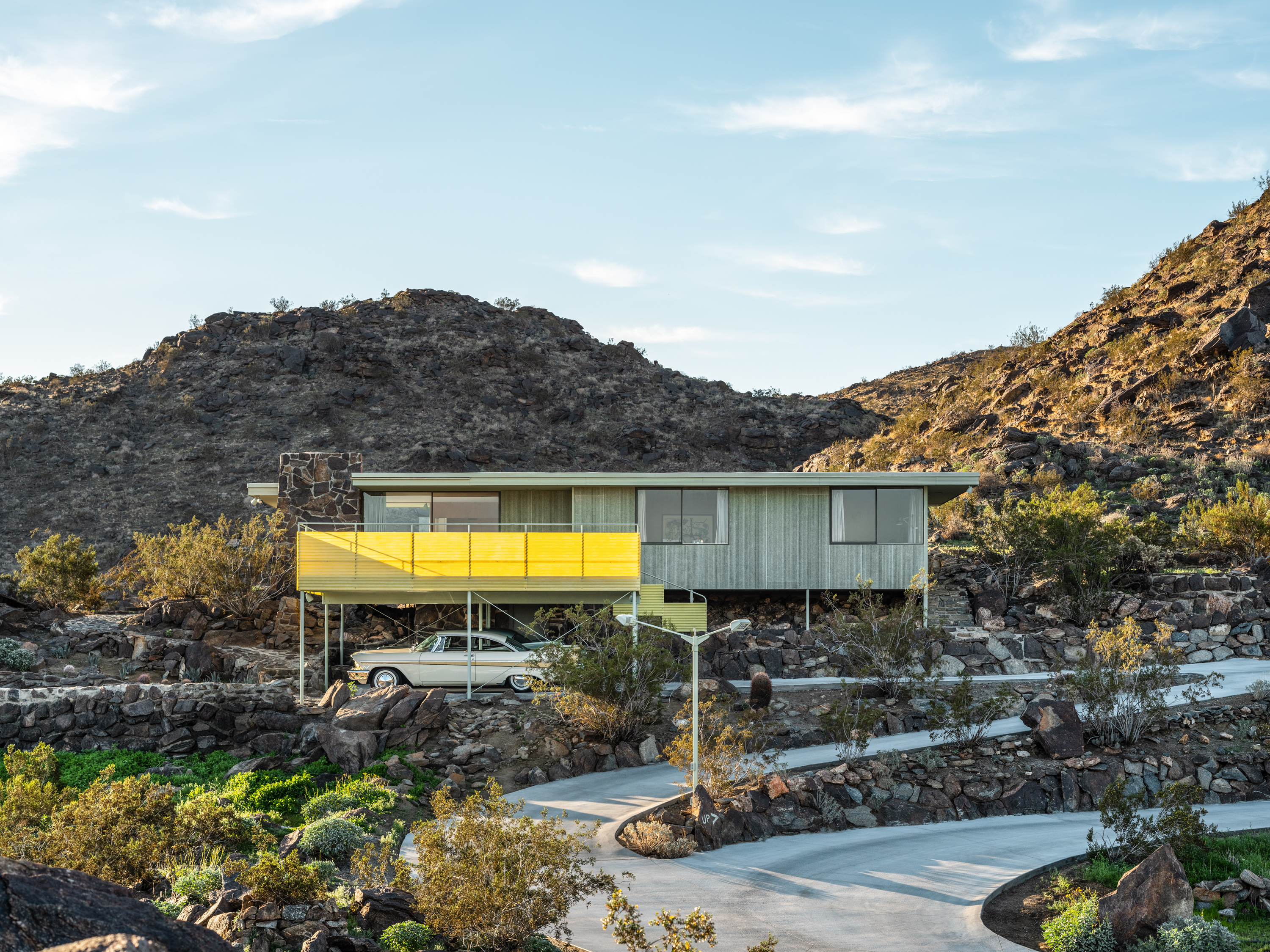 Modernist architecture: inspiration from across the globe
Modernist architecture: inspiration from across the globeModernist architecture has had a tremendous influence on today’s built environment, making these midcentury marvels some of the most closely studied 20th-century buildings; here, we explore the genre by continent
By Ellie Stathaki